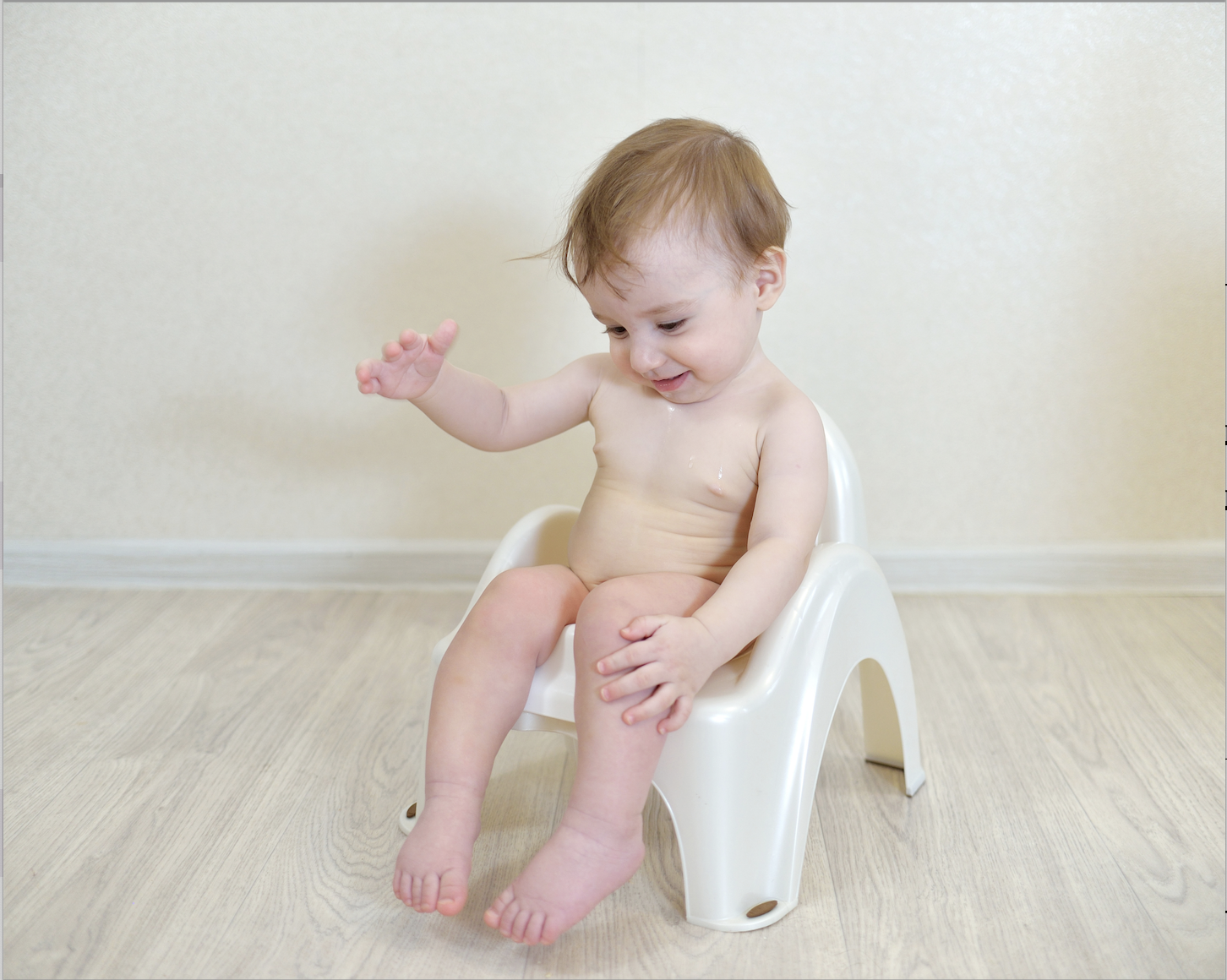My toddler plays with her genital, what do I do?

Topics about sexuality and sexual health may seem irrelevant for parents of young children. However, like any human development, sexual development also begins at birth. Sexual development not only include physical change, but also knowledge that they learn and behaviors that they do.
It is by nature that toddlers are curious about everything in their environment, including their own bodies. When parents find their child touching or playing with their genital, know that developmentally it is a normal and common behavior for a toddler, although it may be perceived as alarming or inappropriate behavior.
Parents can use this period to bring up the concept of body safety with your child, which is to differentiate appropriate touching from inappropriate touching and what to do about it (e.g., saying “no” and tell trusted adult if someone made an inappropriate touching). Parents can teach these skills from home environment. For instance, parents can inform the child who in the household or in the family are allowed to help them get dressed, shower, or when they are in the toilet. Parents can also start teaching the concept that no one should make them feel uncomfortable when it comes to touching their bodies. This can be taught through play, such as tickling for example. During the activity, if the child enjoys being tickled so much, parents can model the gesture and language when being uncomfortable by pretending being uncomfortable. Once in a while, parents then can ask their children if they make their children uncomfortable with the way parents play.
Other than engaging in bodily exploratory behavior (like playing with their genitals, masturbation), toddlers may also begin to ask questions based on their experience. For example, after meeting a person who is pregnant or meeting a newborn, they may ask about “big belly” or “the origin of babies”. When this happens, make sure your response does not punish or make your child ashamed, in some ways, for being curious. This is important because children will learn that they can talk to you, familiar and trusted adult, when they have questions. In the long run, this could become an important safety skill if your children ever experiencing potentially dangerous situations. For example, they would be able to tell you or other adults they trust if someone has made them feel uncomfortable in some ways.
Some tips parents can use when talking about sexuality to children are:
- Consult to your healthcare professional if you are unsure how to respond to unfamiliar situation if one occurred
- Do not punish or potentially make your child feel ashamed for asking questions or being curious by engaging in some forms of sexual behavior (e.g., touching genitals, looking at peer or adult nudity). Parents can take note of their behaviors when addressing the situation, such as intonations, gestures, or facial expression.
- Listen to your child’s response and reactions, make sure they are comfortable
- Make sure your child’s questions are answered
References:
Dev, L. S., & Cruz, M. (2016). Healthy Sexual Development and Sexuality
The National Child Traumatic Stress Network. (2009). Sexual Development and Behavior in Children [Fact sheet]. https://www.atsdr.cdc.gov/docs/limitingenvironmentalexposures_factsheet-508.pdf
Tiara Putri, MS, BCBA.
BehaviorPALS
Childhood sexual behavior, sexual behavior, sex education, sexual development.
Toddler 18 Months - 24 Months / 18 Bulan - 24 Bulan (Batita) / Sex Education / Pendidikan Seks / Health / Kesehatan / My toddler plays with her genital, what do I do?
Comments













